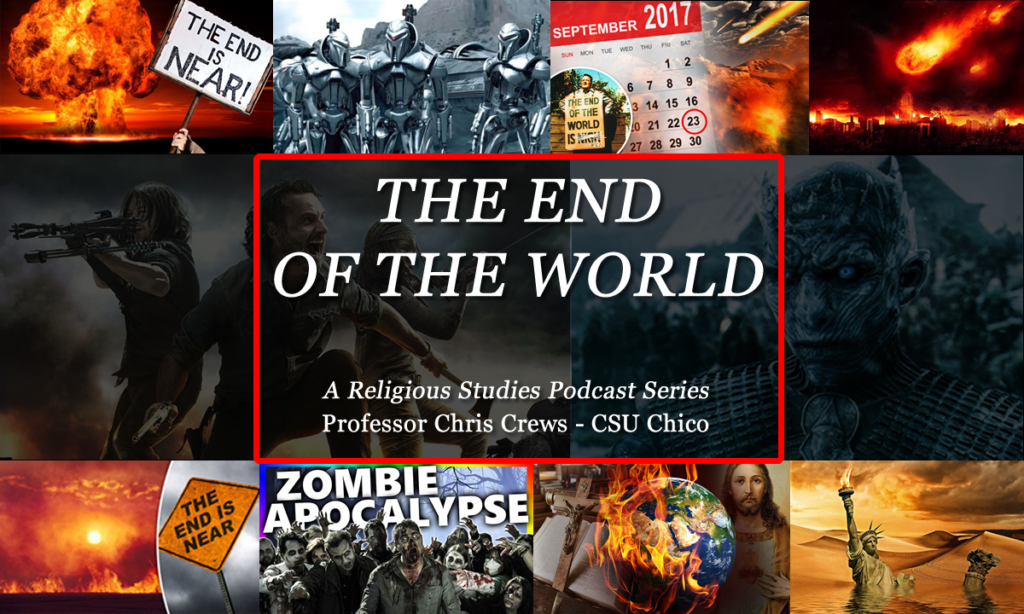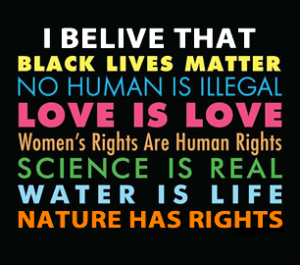Religion and Climate Change – A Few Scholarly Reflections
I had the unique opportunity this weekend to take part in a day-long workshop with a group of scholars to think about the intersections of religion and climate change hosted by the Center for Latin American and Latino Studies (CLALS) at American University in Washington D.C.. The event was part of the work a group of scholars have been organizing, including Evan Berry, Robert Albro and Eric Hershberg, originally with a Latin American focus. The point of this meeting was to explore moving beyond a LA focus to include a global, comparative aspect to the project as it moves forward. And so a group of scholars, working everywhere from India and Nepal to Siberia, Canada and Hawai’i spend the day brainstorming what various research projects looking at religion and climate change in global comparative perspective might look like.
The gathering was particularly interesting for me, since I was basically there wearing two different hats: one as a PhD student working on better understanding how religion and ecology play out in the Andes and Himalayas, and the other as someone helping to run a different Luce-funded project at the India China Institute focused on Sacred Landscapes and Sustainable Futures in the Himalaya (Sacred Himalaya Initiative). While I felt like a bit of an interloper–everyone else there was either a well-established scholar in their field or area experts (c.g., Smithsonian’s National Museum of the American Indian staff)–I was encouraged that I was still able to feel fully engaged and participating, even despite my junior status.
Perhaps most interesting was the heavy focus of our discussion on the recent Papal Encyclical on the environment, Laudato Si, which I have already written about here, and will be writing more about soon. Between the content of that, and the fact that Pope Francis was in the middle of his Latin American tour at the time of our meeting, gave a definite tone and shape to our discussions that would have been much different, or at least I suspect so, if the Encyclical and the Pope’s visit were not still so fresh.
For me, hearing about all of the work people are already doing–for whatever reason we had a lot of Anthropologists in the room–and various fieldwork experiences with Indigenous peoples (a number of the scholars focus on Indigenous groups in their work)–was doubly exciting for me personally, since I had the chance to meet a lot of new folks doing really interesting work that I had not known before, or in a few cases, only knew them from a distance via their work. Getting the opportunity to spend the day talking and debating and thinking through these issues with these respected scholars was a real treat.
One of the more interesting points that stood out for me from our discussions was the question of religion as a constructive force versus an obstacle, especially in the context of mobilizing action on climate change. Thinking about the Encyclical in particular, it appears the Pope has mobilized a large number of Catholics to take action–or at least think more deeply and critically–about the link between the Catholic faith and the Earth. In this case, Catholicism would seem to be a force for social good. But as anyone who has studied LA political history knows, this has not always been a given with Church policies, especially in relation to the many Indigenous communities across the continent.
So these were the kinds of discussion we spend all day having, and many more, on a wide range of topics and in a wide variety of contexts. I’ll write more about some of those reflections in a future post.


